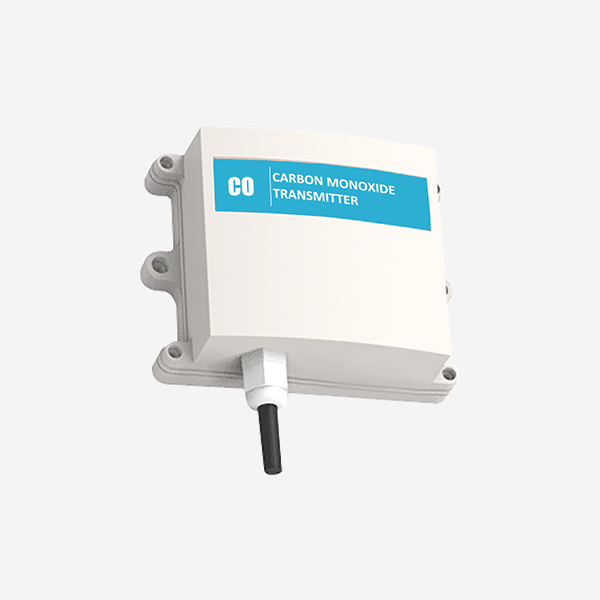Flammable gas detector are critical safety devices detect the presence of combustible gases in various industrial, commercial, and residential settings. These detectors play a crucial role in safeguarding lives, protecting property, and preventing potential fire and explosion hazards. By utilizing advanced sensor technologies and real-time monitoring capabilities, flammable gas detectors provide early warning of gas leaks, enabling prompt intervention and mitigation of potential risks. This essay will explore the significance of flammable gas detectors, their working principles, applications, and the impact they have on safety and risk management in diverse environments.
Understanding Flammable Gas Detector
The flammable gas detector is an essential instrument for identifying the presence of combustible gases, which pose a significant fire and explosion risk if allowed to accumulate. By continuously monitoring the surrounding air for the presence of flammable gases, these detectors provide a critical layer of protection against potential ignition sources and gas leaks. In industrial facilities, commercial buildings, laboratories, and residential spaces, flammable gas detectors are indispensable for ensuring a safe environment.
Working principle of a flammable gas detector
The working principle of a flammable gas detector involves the use of sensors that are sensitive to the presence of specific combustible gases. Catalytic bead sensors and infrared sensors are commonly employed in flammable gas detectors to detect the presence of flammable gases in the surrounding atmosphere. When combustible gases are present, these sensors generate a signal that triggers an alarm, alerting occupants and operators to the potential hazard. By providing early warning of gas leaks, flammable gas detectors enable prompt action to be taken to prevent the escalation of the situation.
Key advantage of flammable gas detector
One of the key advantages of flammable gas detectors is their ability to provide real-time monitoring of gas levels, allowing for immediate response to potential gas leaks or buildup. By continuously monitoring the air for the presence of flammable gases, these detectors offer a proactive approach to gas safety, enabling quick intervention to prevent the accumulation of hazardous gas concentrations. This real-time monitoring capability is essential for ensuring the safety of personnel, protecting assets, and minimizing the risk of fire and explosion incidents.
Application of flammable gas detector
Combustible gas detector applications cover a wide range of industrial and environmental applications. In industrial Settings, these detectors monitor the presence of combustible gas in natural gas pipelines to ensure worker safety. In commercial buildings, combustible gas detectors protect occupants and property from gas leaks. In addition, in residential environments, combustible gas detectors are used to provide early warning of gas leaks.
The impact of flammable gas detectors on safety and risk management is significant. By providing early warning of gas leaks, these devices help prevent accidents and protect lives. In a commercial environment, combustible gas detectors are an important part of a safety system that helps ensure compliance with regulatory requirements.
In summary, combustible gas detector is an indispensable safety equipment. It plays an important role in detecting combustible gases and preventing potential fires. They provide real-time monitoring of gas levels and early warning of gas leaks, which is essential to ensure a safe environment. Combustible gas detectors will remain an essential tool for mitigating potential hazards associated with combustible gases.
